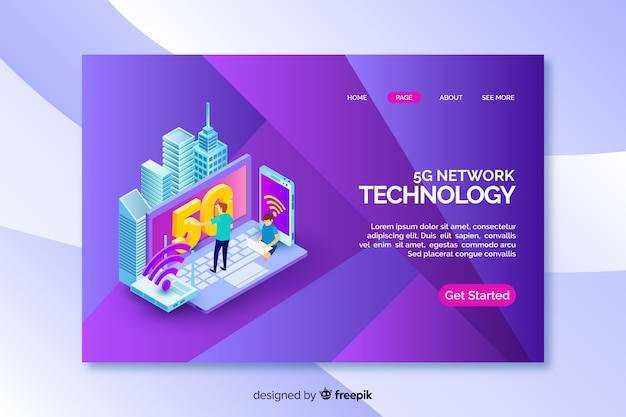The Dawn of Next-Generation Software

Marques McCammon from Intel’s Wind River discusses the transformative impact of software and autonomous cars on the auto industry and our daily lives.
The Future of Autonomous Vehicles
Self-driving cars are becoming a reality and will significantly change how we live, work, and relax. But what’s the immediate and long-term future for consumers and the auto industry that’s been around for 130 years? What should car manufacturers do now to stay ahead?
The Connected Era
To make meaningful predictions about autonomous cars, we first need to look at the broader picture.
One major potential benefit is a huge reduction in deaths, injuries, and medical costs. Autonomous vehicles can greatly cut down on accidents that currently kill over 1.24 million people globally each year. Since human error causes 95% of these accidents, even if software errors do lead to some mishaps, the overall injury rate will still drop significantly. This will also lower healthcare costs, property damage, and productivity losses.
Individual car ownership might decrease dramatically. Autonomous vehicles could pave the way for a new ‘robo-cab’ or mobility-as-a-service model, where people simply order rides online from fleets of self-driving cars. Personalization of these vehicles would come from software features like music, videos, and internet services rather than the make and model of the car itself.
With fewer people buying cars, the need for insurance and parking spaces will drop. Commercial fleets will still need parking, but these can be located outside busy areas, leading to vast economic changes.
Traffic and Environmental Benefits
Autonomous vehicles will also improve traffic management and encourage ride-sharing, reducing congestion. Cars will communicate with each other and infrastructure to optimize routes, saving time and fuel. Traffic jams cost Americans more than 4.8 billion hours and 1.9 billion gallons of fuel annually, hitting the economy by $101 billion each year.
Most experts agree that most autonomous cars will be electric. Modern electric cars are highly efficient, and electricity is cleaner to produce than gasoline. This results in around 50% savings compared to traditional cars.
Impact on the Automotive Industry
These changes won’t just affect consumers; they’ll fundamentally reshape the automotive industry and the global economy.
The industry is experiencing a software revolution. Future cars, whether autonomous or electric, are being defined by their software. This transformation is reshaping everything—from dashboard instruments and power trains to safety systems and in-car entertainment (IVI).
Recognizing this, vehicle manufacturers are working hard to better control the software integral to their cars’ value. This requires significant changes in how they operate.
Many carmakers are investing in software start-ups to boost innovation and gain software expertise. Others are partnering with new players in the ecosystem to secure their positions in this evolving landscape.